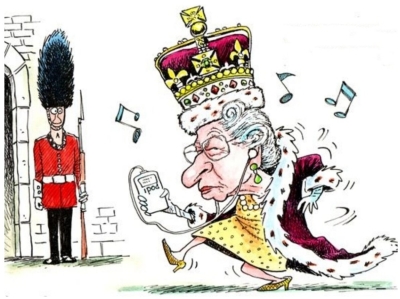Hafiz Gul Bahadur: The Tribal Warrior of North Waziristan
Hafiz Gul Bahadur was a prominent figure in the complex tapestry of Pakistani tribal politics, particularly in the volatile region of North Waziristan. Born in the early 1960s, Bahadur hailed from the Uthmanzai Wazir tribe, a significant Pashtun group inhabiting the borderlands between Pakistan and Afghanistan.
Hafiz Gul Bahadur
Bahadur's rise to prominence can be traced back to his involvement in the Afghan jihad against Soviet occupation forces in the 1980s. Like many young men from his region, he joined the ranks of the mujahideen, displaying both bravery and strategic acumen on the battlefield. This period laid the groundwork for his later influence as a tribal leader.
Following the Soviet withdrawal from Afghanistan, Bahadur transitioned into a key player in the turbulent landscape of the Pakistan-Afghanistan border region. He became known for his role as a local warlord, commanding significant loyalty among his fellow tribesmen. His influence extended beyond mere military prowess; he also held sway over matters of governance and justice within his tribal domain.
In the early 2000s, as the United States launched its War on Terror in the aftermath of the 9/11 attacks, Bahadur found himself embroiled in a new conflict. He became a prominent figure in the resistance against Pakistani military operations in North Waziristan, which aimed to root out Taliban and Al-Qaeda elements. Bahadur, while maintaining a complex relationship with these militant groups, positioned himself as a defender of Pashtun interests against what he viewed as external interference.
Despite his reputation as a fierce and uncompromising leader, Bahadur also engaged in negotiations with the Pakistani government. These talks often revolved around ceasefire agreements and attempts to find common ground amid the ongoing violence. His ability to navigate between armed resistance and diplomatic engagement showcased his pragmatic approach to achieving his objectives.
However, Bahadur's influence and power were not unchallenged. Rival factions within the region, as well as external pressures from both the Pakistani state and international actors, posed constant threats to his authority. Nevertheless, he remained a formidable figure, revered by supporters and feared by adversaries alike.
Hafiz Gul Bahadur's legacy is a complex one, reflective of the intricate dynamics of tribal politics and insurgency in the Pakistan-Afghanistan border region. His life story embodies the resilience and determination of those caught in the crossfire of geopolitical conflicts, navigating shifting alliances and competing interests in pursuit of their vision for their people and their land.






